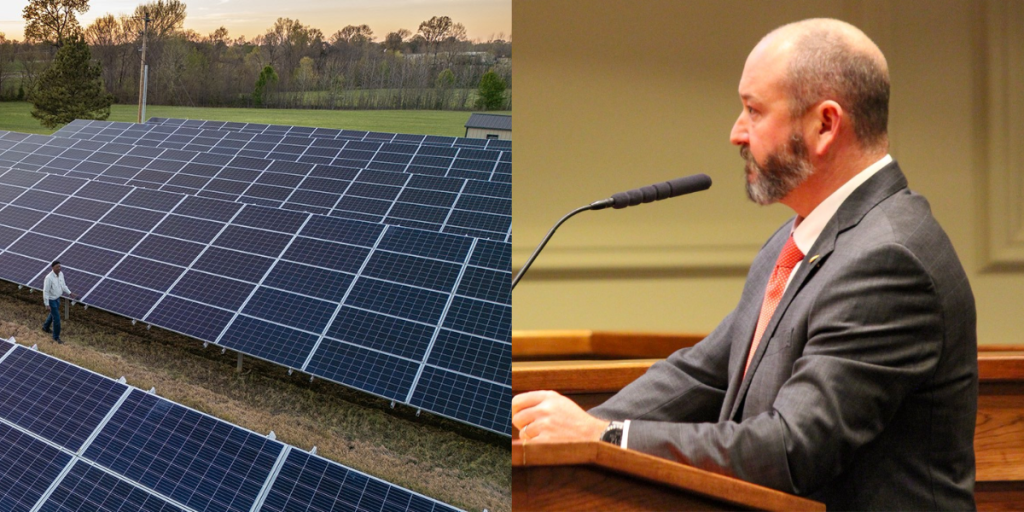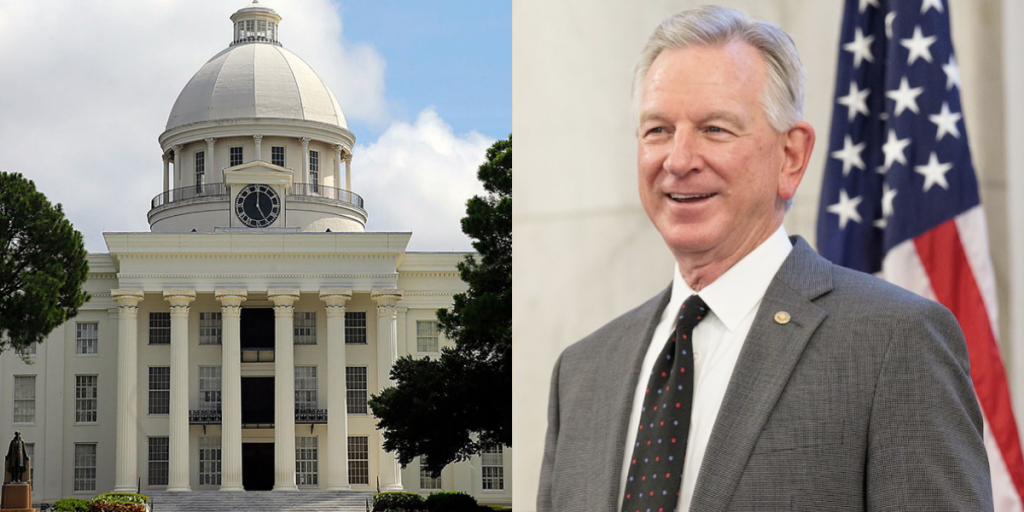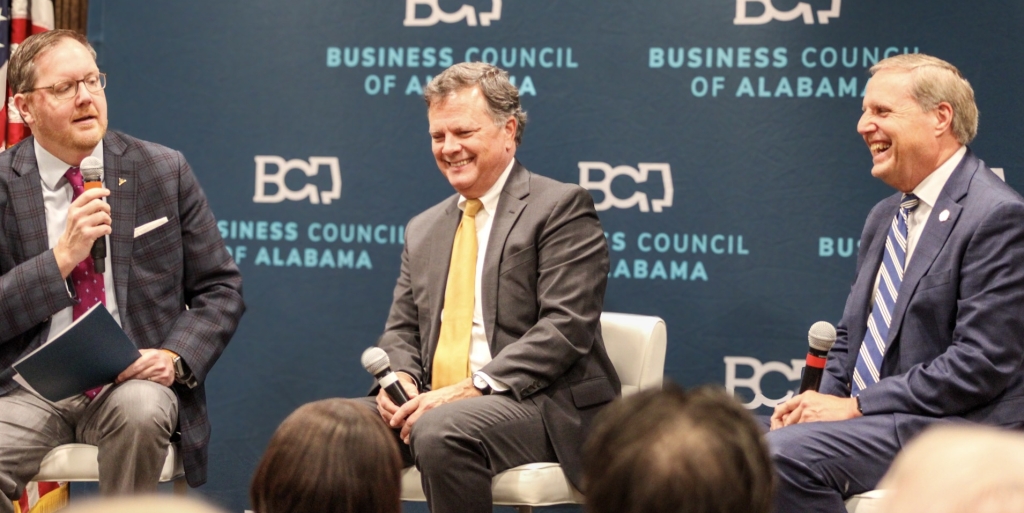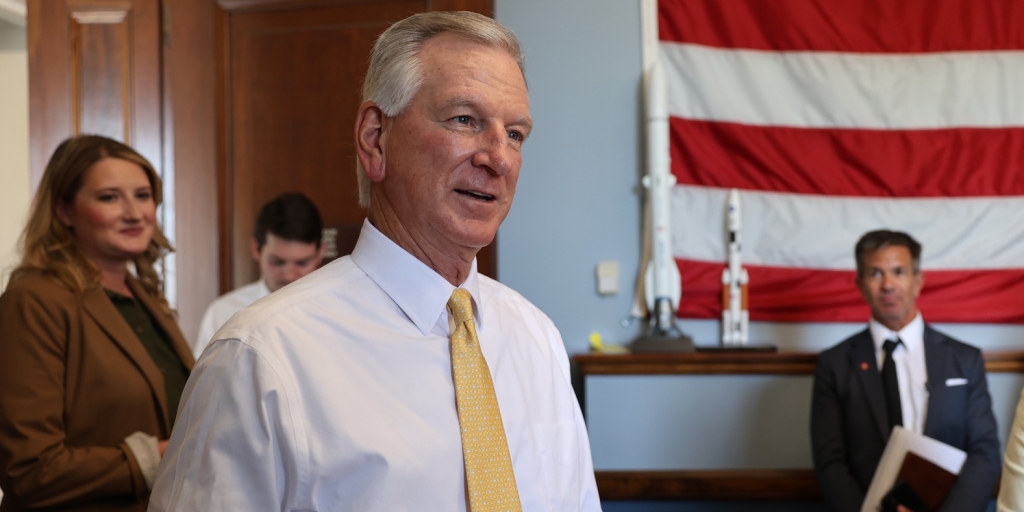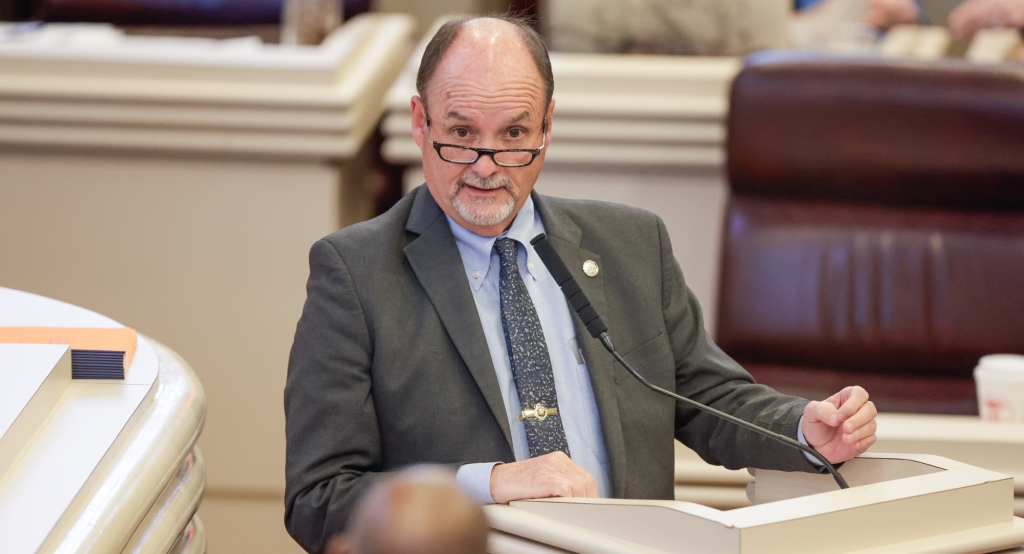JPMorganChase on Monday announced support of Alabama’s small businesses through a $2 million commitment to help companies across the state succeed by improving capital access, assisting entrepreneurs in running their businesses more efficiently and offering technical assistance for local capital providers.
The Alabama Capital Access Collaborative will help small business owners, including Birmingham Business Resource Center (BBRC) and Urban Impact, obtain the necessary resources to grow, create jobs and thrive long term.
The initial phase will be facilitated by the Milken Institute, which will work closely with each participating organization to create plans that address existing challenges and identify growth opportunities. In addition to BBRC and Urban Impact, participating organizations include:
- Bronze Valley
- Camino Loan Fund
- Commonwealth National Bank
- Neighborhood Concepts
- Opportunity Alabama
- Sabre Finance
“To be one of the handful of Birmingham organizations selected means a lot to us,” said Bob Dickerson, executive director of BBRC. “We’re proud to have a great and growing relationship with the biggest bank in the world. Anytime, as a nonprofit leader, somebody gives you it helps because we spend a lot of our time fundraising, and every hour we spend trying to raise money to keep the doors open is an hour we don’t spend helping our clients.”
Having the bank in Alabama is the best way to assist the small businesses in the state, said Tim Berry, global head of corporate responsibility for JPMorganChase.
“We cannot be a New York bank in Alabama,” Berry said. “We have to be an Alabama bank in Alabama. […] You have to be the bank for that place. You have to have the right strategy, products, services, investment strategy, relationships, understand what the local politicians care about, what people in that community care about and you have to be a part of that community.”
Victoria Phipps, vice president of global philanthropy for JPMorganChase, said the Collaborative is a statewide effort that spans the breadth and depth of geographies.
“We want to make sure we are, first and foremost, picking the right partners who are doing high-capacity great work with yielding dividends, but we are also spending significant time with them to understand the challenges they are experiencing and the opportunities that they see on the horizon,” Phipps said.
“Small businesses are the backbone of the economy here in Alabama. Investing in their success will build stronger communities in our state and drive local economic growth,” said Jennifer DiSalvo, head of Chase branches in Alabama and a member of the firm’s market leadership team.
Earlier this year, the banking giant announced plans to triple the number of branches in Alabama and hire an additional 170 bankers by 2030 as part of broader efforts to increase access to financial services across the state.
The expansion will bring the number of Chase branches in Alabama to 35, putting more than half of the state’s population within an accessible drive time to a Chase branch.
“Alabama is a vibrant state with a strong manufacturing economy, good small business growth and burgeoning aerospace and technology sectors. Our mission is to support economic growth and foster opportunity for all,” said Jennifer Roberts, CEO of Chase Consumer Banking, earlier this year. “This is the right time and the right place for an expansion of Chase branches and jobs in communities all across this state, from Mobile to Montgomery and Muscle Shoals.”
Chase opened its first Alabama branch five years ago near Auburn University. There are seven Chase branches in Greater Birmingham and 11 statewide, including Auburn, Tuscaloosa and Huntsville.







